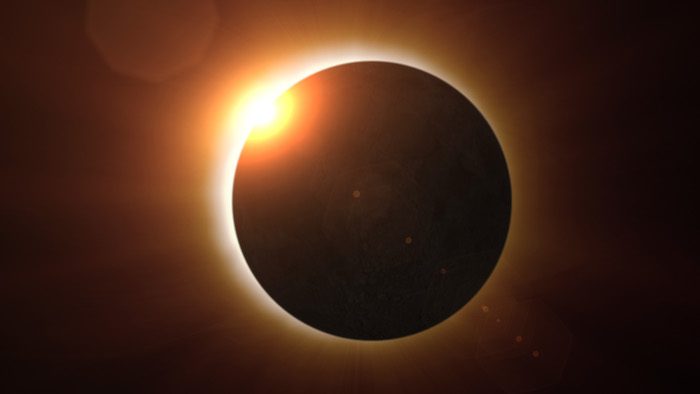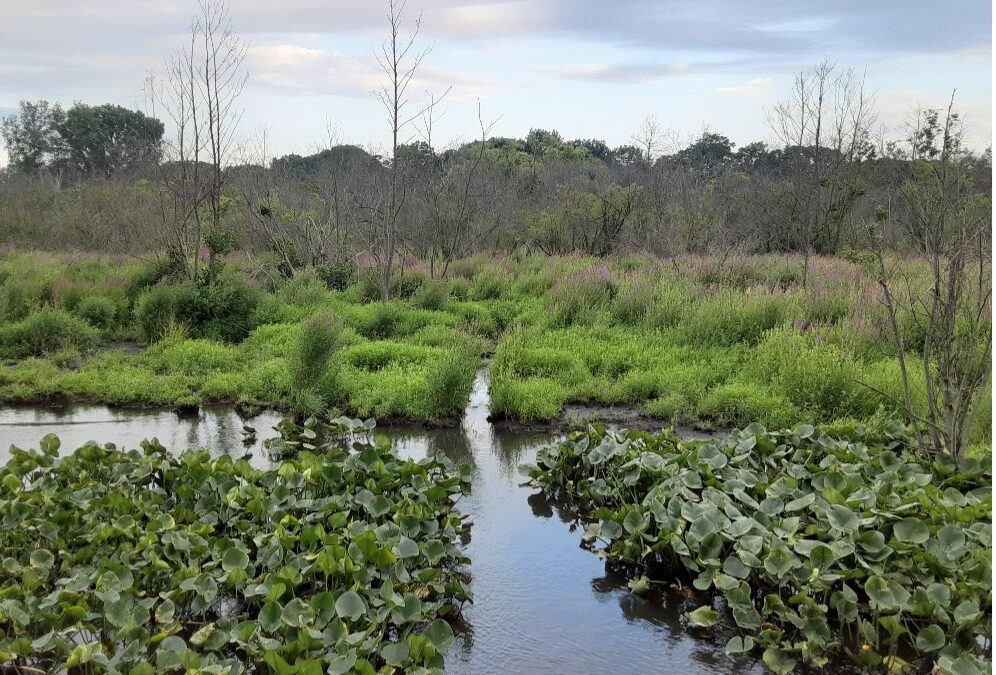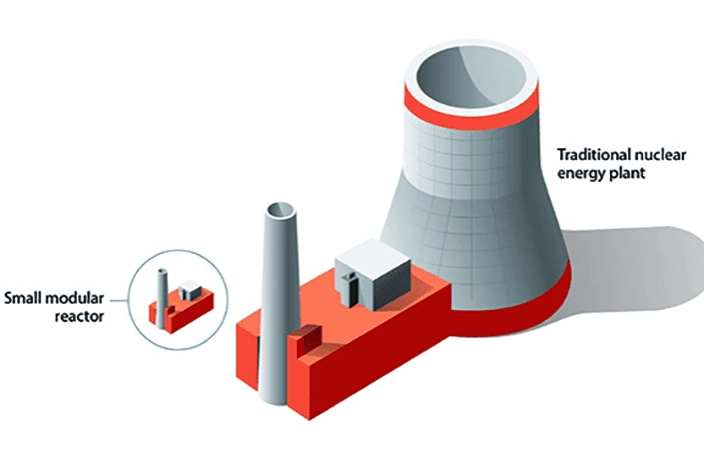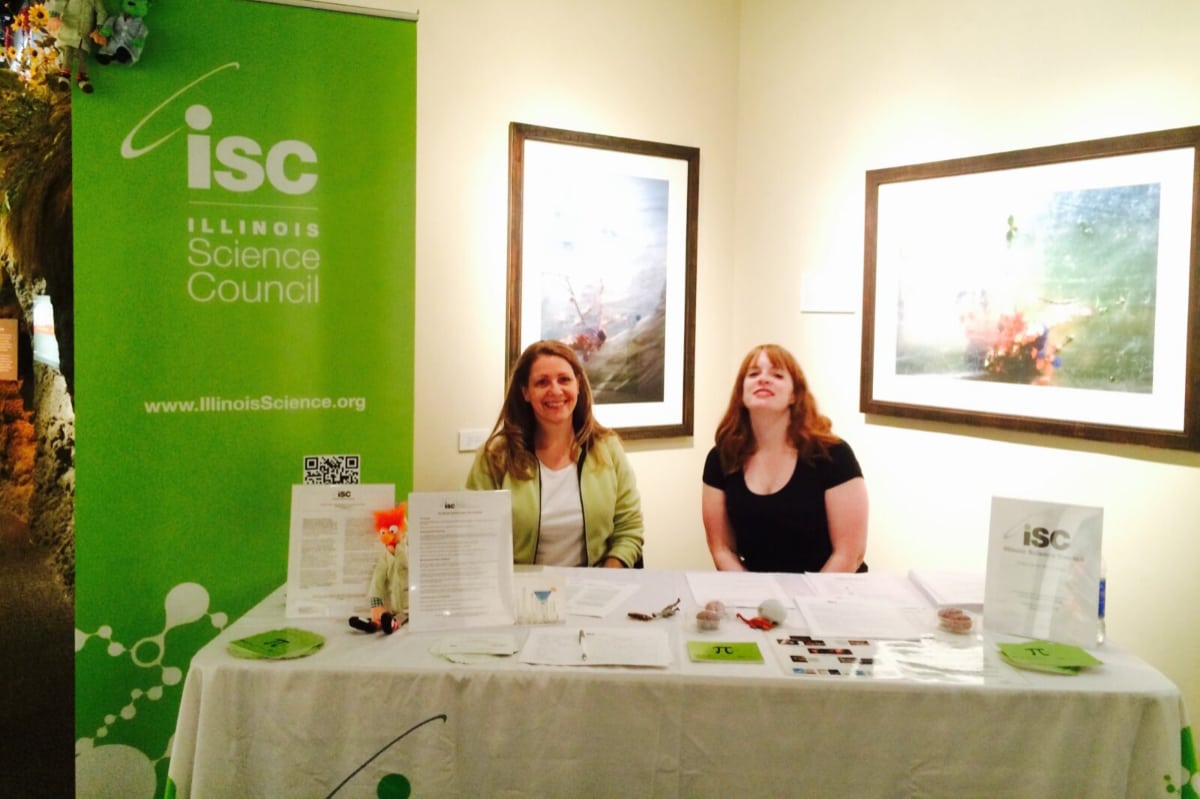“CBD.” Perhaps you’ve seen these letters shining bright, in green neon, on a store window in a seedy part of the city, fronting a shop with glass vials and trinkets lining the shelves and creepy men behind the counter. Or, maybe you took a stroll downtown on a sunny day and walked into CVS or Walgreens, only to see these same letters on small boxes lining the shelves next to the vitamins. You might be wondering what’s going on – how could the same compound be proudly sold in shady hemp shops and mainstream convenience stores at the same time? What is this confounded chemical?
Cannabidiol is a natural compound that’s found in marijuana and related plants like hemp. It’s a cannabinoid, which means it activates the same systems in your brain that the primary active compound in marijuana, THC, does. But unlike THC, it does not make you high. Like THC, though, CBD has been subject to speculation about its health benefits, with suppositions ranging from the well-founded to the completely made up.
If you punch “CBD medical benefits” into Google, for example, you might land on something like CBDforme or Puff Puff Magazine, which may tell you that CBD might help with everything from anxiety and depression to pain and arthritis to epilepsy and cancer. Could all these websites be right? Is it possible that this one compound can help with all of these disorders?
It’s possible, but based on what we know today, the medical community is not so convinced.
“Research into CBD’s effects is really limited,” said Dr. Jonathan Adelstein, Assistant Professor of Psychiatry and Behavioral Sciences at Northwestern University, when I spoke to him earlier this year. “There are so many questions surrounding CBD’s health benefits because we don’t know all that much.”
According to the National Institute on Drug Abuse (NIDA), the limited research out there does show some positive signs. In various studies, researchers have found that CBD might, in fact, be helpful in treating anxiety, reducing pain and inflammation, and in treating epilepsy and addiction. But in most cases, NIDA stresses that this research is very preliminary, which is science speak for “take this with a grain of salt.” The truth this, for the most part, CBD’s medical potential hasn’t been tested. According to Dr. Adelstein, based on what we know now, “CBD is not the miracle tonic that everyone wishes it were.”
Researchers have found that in its pure form, and in the short term, CBD can reduce anxiety like THC does. Does this mean you can replace your Xanax with a healthy dose of CBD oil in your morning coffee, as so many people do? Not quite.
CBD: The Good and the Bad
Since CBD is mostly unregulated, neither its health benefits, it quality nor its purity, are guaranteed by the FDA. For now, CBD oil is like any other dietary supplement you might pick up at the grocery store — Dr. Adelstein told me, “When a supplement (a drug unregulated by the FDA) is sold in CBD stores, it may claim to contain CBD, but there is no guarantee that it contains anything at all. It may be adulterated with fillers or even THC or other chemicals that can be toxic, and may not contain any CBD.” In general, the lack of regulation around supplements opens up a whole set of its own challenges.
So if NIDA is uncertain about its medical benefits, and if the CBD oil you pick up at the store might not even contain CBD, does CBD hold any promise?
Indeed, it does, albeit for a small group of patients. In 2018, the FDA approved the first CBD-based drug: Epiolex, an anti-epilepsy drug. In a group of patients with either Dravet Syndrome or Lennox-Gastaut syndrome, two rare forms of pediatric epilepsy, researchers found that the drug reduced the frequency of seizures. After significant testing of the drug’s safety and effectiveness, the FDA approved CBD for the treatment of these two epilepsy conditions.
As for other conditions, such as anxiety and pain, people have anecdotally claimed that CBD works, which might tempt you to try out CBD oil for yourself. But as Dr. Adelstein stressed, “There are just so many unknowns that any time a person takes an unfamiliar and unregulated supplement liked CBD outside the supervision of a doctor, there are risks. And no doctor, salesperson, healer, or otherwise can claim anything about the compound’s health benefits with any certainty or accuracy. All we know is that we don’t know enough.”
Why do we know so little?
According to Dr. Adelstein, “historically, all research done on marijuana and its substituents used strains that were grown specifically for research that had very low THC content (3-4%), which is not reflective of the potency of today’s marijuana, and researchers paid little attention to the difference between THC and CBD. So we even have to question the validity of the research that’s already been done.”
It’s very challenging to get permission to study marijuana and its extracts because the Drug Enforcement Administration classifies all marijuana extracts as Schedule I drugs under the Controlled Substances Act. This legal designation means that the US Government’s official policy is that these drugs have a high potential for abuse and have no medical benefit. As a result, researchers who want to study its safety are forced to navigate an incredible amount of red tape to even get their hands on CBD.
“The antiquated political notion that ‘all drugs are bad’ has severely hindered our capacity to research these chemicals,” said Dr. Adelstein. “They’ve put the cart before the horse by assuming drugs like this have no benefit before scientists have had a chance to fully study them.”
So what can you do to help? Call your congressperson and explain to them why it’s important to relax the restrictions on researching marijuana and CBD. Tell them how millions of Americans are smoking marijuana for medical and recreational purposes without knowing what this drug is actually doing them. Talk about how Americans are using CBD oil in place of FDA-approved medical treatments despite no guarantee that it works or that it is safe. No matter where you stand politically, marijuana and CBD use is only expected to increase over the next several years, which means its more important than ever to research what these drugs are actually doing to our bodies. If the policy changes, some of the unknowns about CBD might become known a lot faster, and if the science is any indicator, the FDA might accept that CBD has more medical uses, after all.
Header image photo credit: https://vaping360.com/best-cbd-oils/
-
Ben Marcus is a public relations specialist at CG Life and a co-editor-in-chief of Science Unsealed. He received his Ph.D. in neuroscience from the University of Chicago.
View all posts





